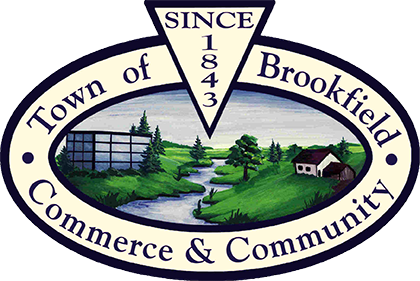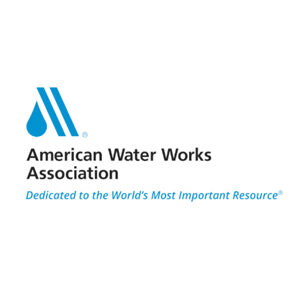Sanitary District #4
Sanitary District No. 4, the water and sewer utility in the Town of Brookfield, was created in 1988. As of January 1, 2015, we have a customer base of over 2,300. The distribution system consists of two water towers and two ground storage reservoirs. Our water comes from the shallow dolomite aquifer. We have six wells which all flow through filters to remove the iron that is predominant in the shallow aquifer. Because of the water quality, we are only required to add a little chlorine for disinfection and the water is ready for the distribution system. On an average day, the Sanitary District provides the Town of Brookfield with 750 thousand gallons of water.
The office staff, which is now located within the town hall, includes a full-time bookkeeper. Field operations are manned at our water tower location by Superintendent Tony Skof and two operators. The Sanitary District’s DNR licensed operators are here to ensure the excellent water quality 24 hours a day, every day of the year. We are committed to ensuring the quality of your water.
Our goal is to provide you with a safe and dependable supply of drinking water at a reasonable price. We make continual efforts to improve the water treatment process and protect our water resources.
New water rate beginning September 21, 2023
Sanitary District #4 is committed to maintaining fiscal responsibility at all times resulting in water rates that are stable for our customers and extremely competitive to our neighbors while providing equal or better services. This is supported by the fact that the last water rate change was in 2003. However, with upcoming capital improvement costs and the last 20 years of increasing operation and maintenance costs, we are at a point where an increase to the water rates is necessary.
On July 27, 2023 the Public Service Commission (PSC) issued the Final Decision approving new water rates for the Town of Brookfield Sanitary District No. 4. The rate increase will occur in two steps. Step 1 rate will take effect starting with the 4th quarter 2023 billing period and Step 2 rate increase will take effect sometime in 2024 after the Iron Filtration Media Replacement project is completed. The last time the utility changed its water rates was in December of 2003. Click the link to view the new rate schedule: Water Rates


